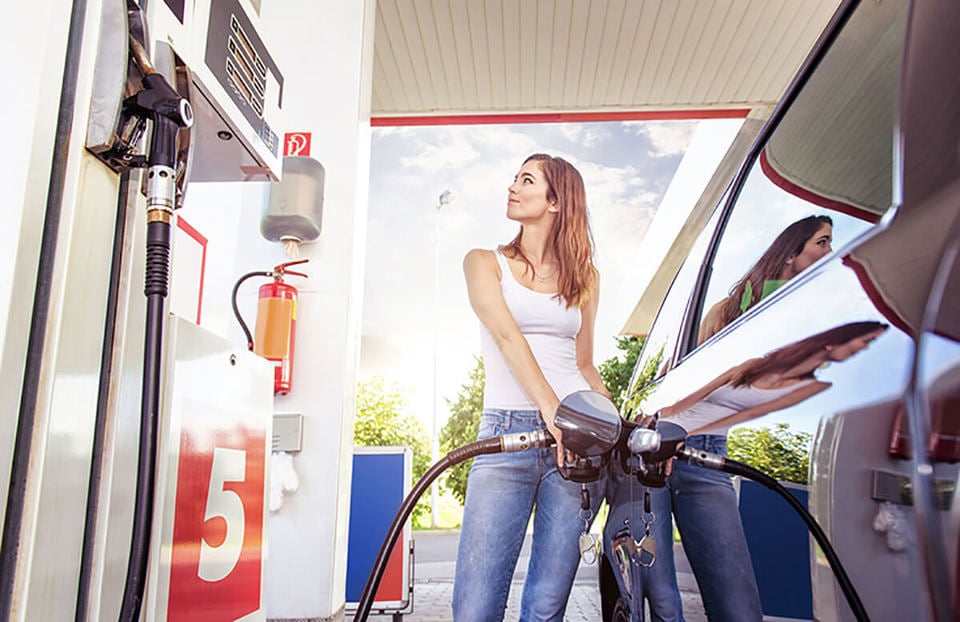Fleets have been dealt a double whammy this week as duty and VAT rises pushed record pump prices even higher.
On New Year’s Day, a Government fuel duty increase put another 0.76p on to both diesel and petrol. While on Tuesday (January 4), the rise in VAT from 17.5% to 20% increased prices further.
“Diesel is not an optional extra for the industry. It is essential to keep shops stocked and businesses supplied with materials,” said Simon Chapman, the Freight Transport Association’s (FTA) chief economist.
“Rises in fuel commodity prices have already left operators facing diesel prices nine pence per litre higher than a year ago.”
The AA estimates that the two increases will add around 3.5p to the cost of a litre of both petrol and diesel. This time last year, diesel was at 109.46p a litre and petrol was at 107.74p.
Petrol prices had already overtook the record set in May 2010 of 121.61p per litre (ppl) on the run up to Christmas and diesel prices were following track.
Now, with these latest price hikes, diesel is expected to go beyond 130ppl, with diesel standing at 127.46ppl and petrol at 122.83ppl, according to the latest figures available from Arval, which were prior to the increases taking effect.
The UK has the second highest diesel price in Europe and the tenth highest unleaded price, according to the AA.


















adamrollins - 05/01/2011 11:14
Motoring will always be a target source for government revenue. The fact that the economy depends on the delivery of goods and services via our road transport network is not an inhibitor to raising tax, but a motivator. The government will continue to target motoring for duties and taxes. Even when all cars achieve a hundred miles per litre, or a thousand miles per battery charge, there will still be duties based on road use that will keep costs high. There are economies to be made from efficient vehicles, which of course also benefit the environment, but businesses only benefit if they pay actual fuel usage rather than a fixed pence per mile rate. Immediate and long term gains can also be made by optimising and monitoring driver behaviour and vehicle use and by ensuring business mileages and journeys are properly recorded and monitored. Adam Rollins, Midas FMS. www.midas-fms.com